The California Building Industry Association plays a critical role in advancing the benefits of residential construction and assists policy makers in understanding the importance of housing and how new construction benefits California’s economy.
CBIA’s Priorities
Building More Climate and Fire Resilient Master Planned Communities – California has the strongest building codes in the United States, incorporating strategies that are proven to create housing that is fire-safe. The California Legislature has considered ill-advised legislation that would limit the development of fire-safe master planned communities to only 1-2% of the state’s entire land mass. Because the need for more homes is so dire, California should encourage the construction of carefully planned, energy efficient and climate-resilient homes in fire-safe master planned communities. New homes are also 50% more water efficient and 70% more energy efficient than homes built 20 years ago and are sorely needed to prevent our housing crisis and statewide drought from becoming worse.
Retrofitting Existing Housing Stock – California’s carbon footprint from housing primarily comes from existing housing stock, not new housing. The Stanford Center for Carbon Storage’s (SCCS) “Pathways to Carbon Neutrality” outlines a range of steps that California should pursue to achieve carbon neutrality and notes that retrofitting existing housing stock to make them more efficient will achieve far greater reduction of greenhouse gas emissions and make a much bigger impact on climate change than could be achieved from adding additional carbon reduction requirements to new homes, which are already highly energy efficient, climate resilient and fire and earthquake safe.
Reducing Barriers and Costs of Home Construction for Low- and Middle-Income Families – Redundant regulatory measures levied on homebuilding deter new housing projects by adding delays and tacking additional costs onto the price of housing, making homes less affordable for middle-and-low-income families and widening the racial gap in homeownership.
Preventing CEQA Abuse – Since its passage in 1970, the California Environmental Quality Act has been greatly weaponized by unions as a leverage tool that increases labor costs and by anti-housing advocates who use it as a ground to sue new housing projects in their area in an effort to keep their neighborhoods expensive and exclusive.
